THCA - what is it?
min. reading
As a plant rich in various groups of compounds, cannabis also has many types of cannabinoids. One of them is THCA, which at first glance may be associated with THC and its isomers, such as the psychoactive delta-9-THC, but will have slightly different properties. As studies have shown, in the raw, fresh inflorescence of cannabis, you won’t find much THC, instead there is a lot of THCA. THCA is a precursor that becomes THC when the plant is dried or heated for an extended period of time. Why is this the case? You can find the answer in this article.
Table of Contents
How is THCA produced?
Cannabis produces many natural chemicals during its growth period. One of these is THCA, or tetrahydrocannabinolic acid. It is abundantly available in raw cannabis inflorescences, particularly in the trichomes, which are small hair-like protuberances with a round resin gland filled with cannabinoids and terpenes. When the plant is cut and dried, THCA, when exposed to light, begins to convert to THC, or oxidize. Because it is a thermally unstable compound, this reaction can occur spontaneously, for example, by exposure to intense sunlight or prolonged storage at room temperature in low light. If the process were carried out more dynamically, for example, by raising the temperature to 100°C, then decarboxylation would occur, that is, the reaction of detaching the carboxyl group from the THCA molecule – then THC is formed. So we can refer to tetrahydrocannabinolic acid as a precursor to THC. It is a compound that occurs naturally in the cannabis plant. Moreover, it is one of the most abundant cannabinoids in fresh cannabis inflorescences.
What is the difference between THC and THCA?
As a well-known plant with consciousness-altering effects, cannabis is popular mainly because of its psychedelic compound, delta-9-THC. This is one of the main components of cannabis responsible for the so-called “high.” Most people assume that cannabis produces THC during the growth period, but as we mentioned earlier – this is not true. The THCA available in the plant at the flowering stage has slightly different properties from THC, and is certainly differentiated by the way it affects consciousness. Tetrahydrocannabinolic acid does not have psychoactive properties, unlike intoxicating THC. It is for this reason that when we pluck an inflorescence from a growing plant and consume it, we will not experience an intoxicating effect. In order for THC to appear in the cannabis raw material, we need to carry out the process of decarboxylation, which is the conversion of THCA into THC. Decarboxylation also increases the ability of this cannabinoid to interact with the body’s cannabinoid receptors. The THCA molecule does not produce intoxicating effects because it does not interact with cannabinoid receptors in the brain in this way. The shape of THCA is different from THC, due to the extra carboxyl group attached to the molecule.
Does THCA have psychoactive effects?
Like most acid forms of cannabinoids, which we refer to as inactive forms, THCA does not have consciousness-altering effects. In fact, most cannabinoids (CBDA, CBGA, THCA) take on this acidic form at the plant’s growth stage and only later become the cannabinoids with which we are more familiar (CBD, CBG, THC). It is worth being aware that for some hemp products, for example, dried inflorescences, it may be the case that we have information on the package about the content of THCA and THC. If this dried product is intended for vaporization or smoking, or the preparation of home infusions in fat, then the sum of the two compounds should be considered the amount of psychoactive substances, even though THCA is not a consciousness-altering substance. It should be remembered that during heating, combustion, which occurs during smoking and vaporization, as well as cooking or vaporization, tetrahydrocannabinolic acid will change to tetrahydrocannabinol, a compound with psychoactive effects.
THCA – legal status
Because THCA has no consciousness-altering effects, it is not covered by the UN Convention on Psychotropic Substances. However, because tetrahydrocannabinolic acid converts to THC under the influence of temperature, and even under stable conditions, it is legal in Poland at the same concentration as THC, i.e. 0.2%. The situation is similar in most EU countries, with some exceptions. Before buying a product containing THCA abroad, we recommend checking the applicable laws, as there are countries in the world where this substance can be treated the same as THC and is considered illegal.

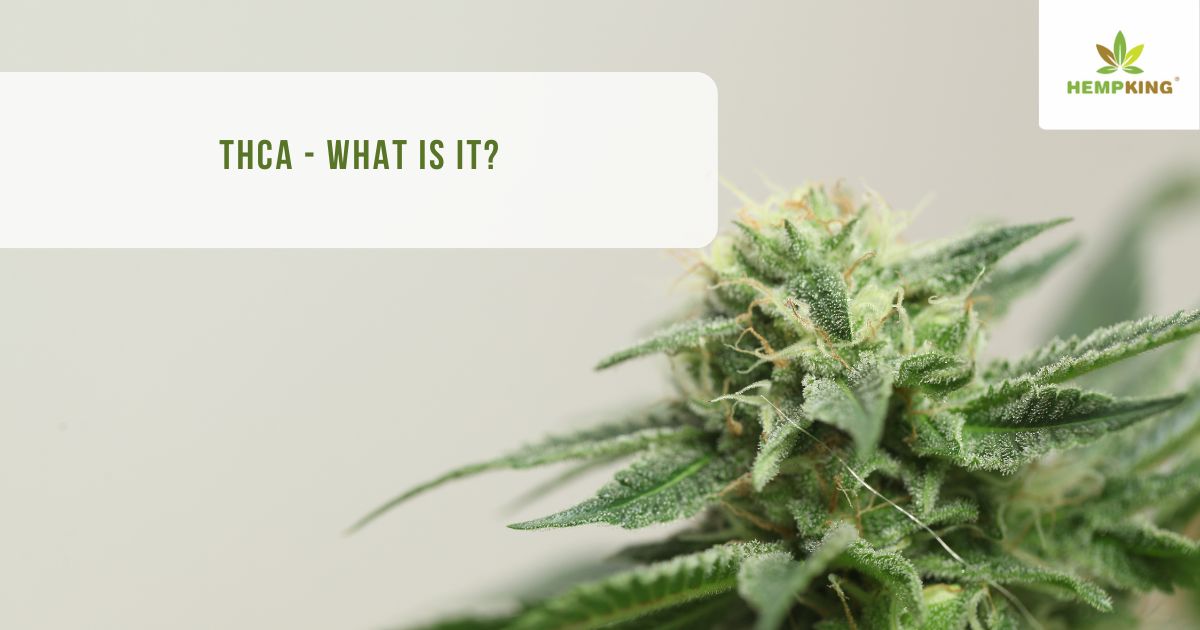
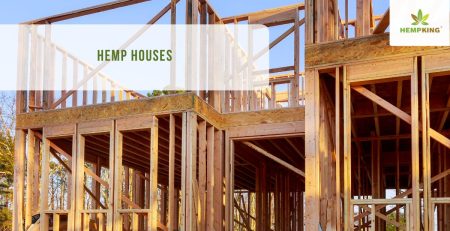
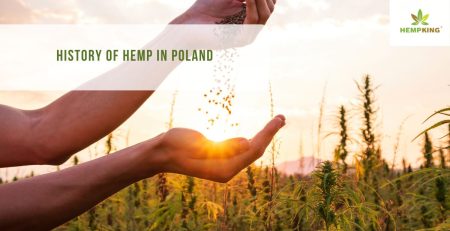
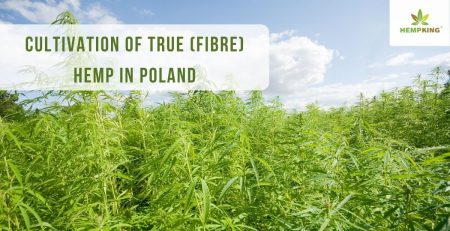

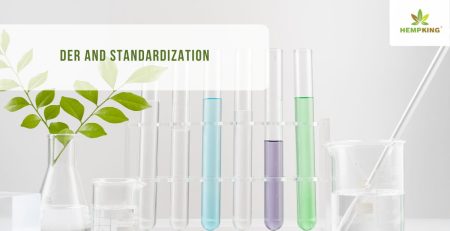
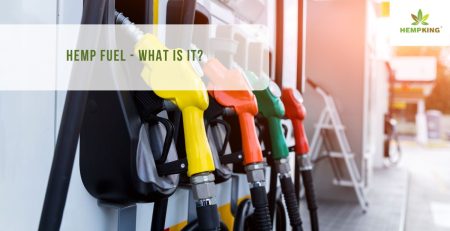
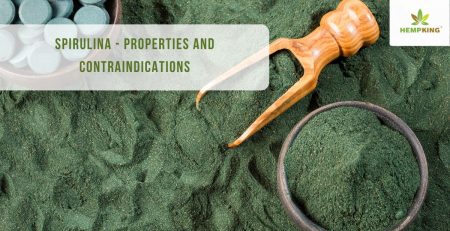



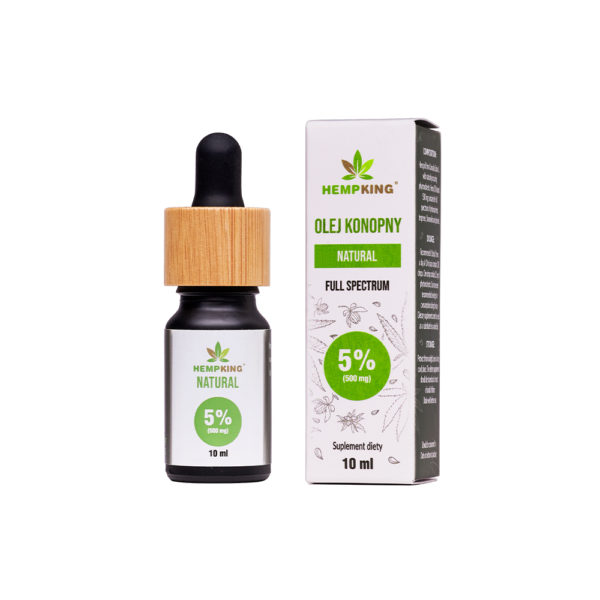
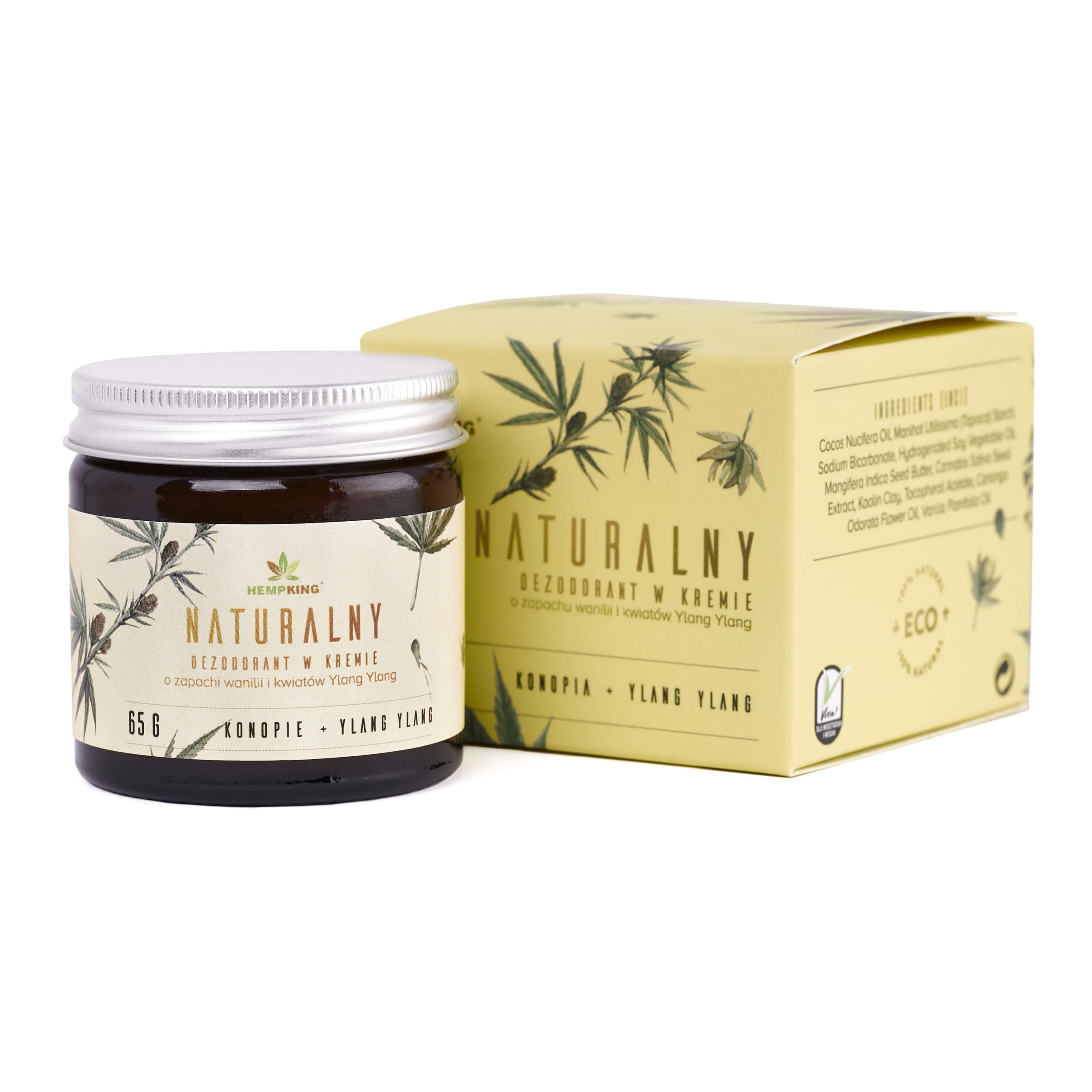
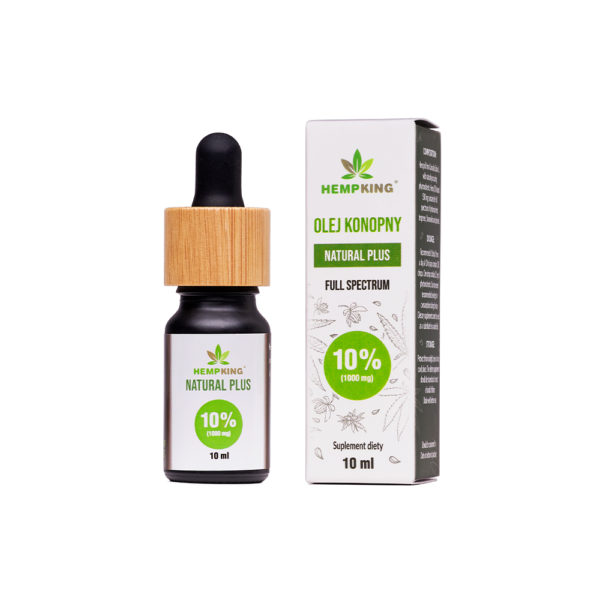
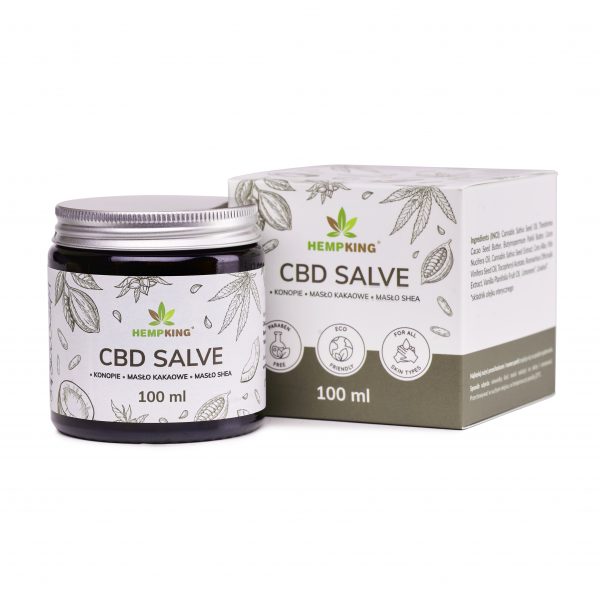
 Facebook
Facebook Instagram
Instagram

Leave a Reply